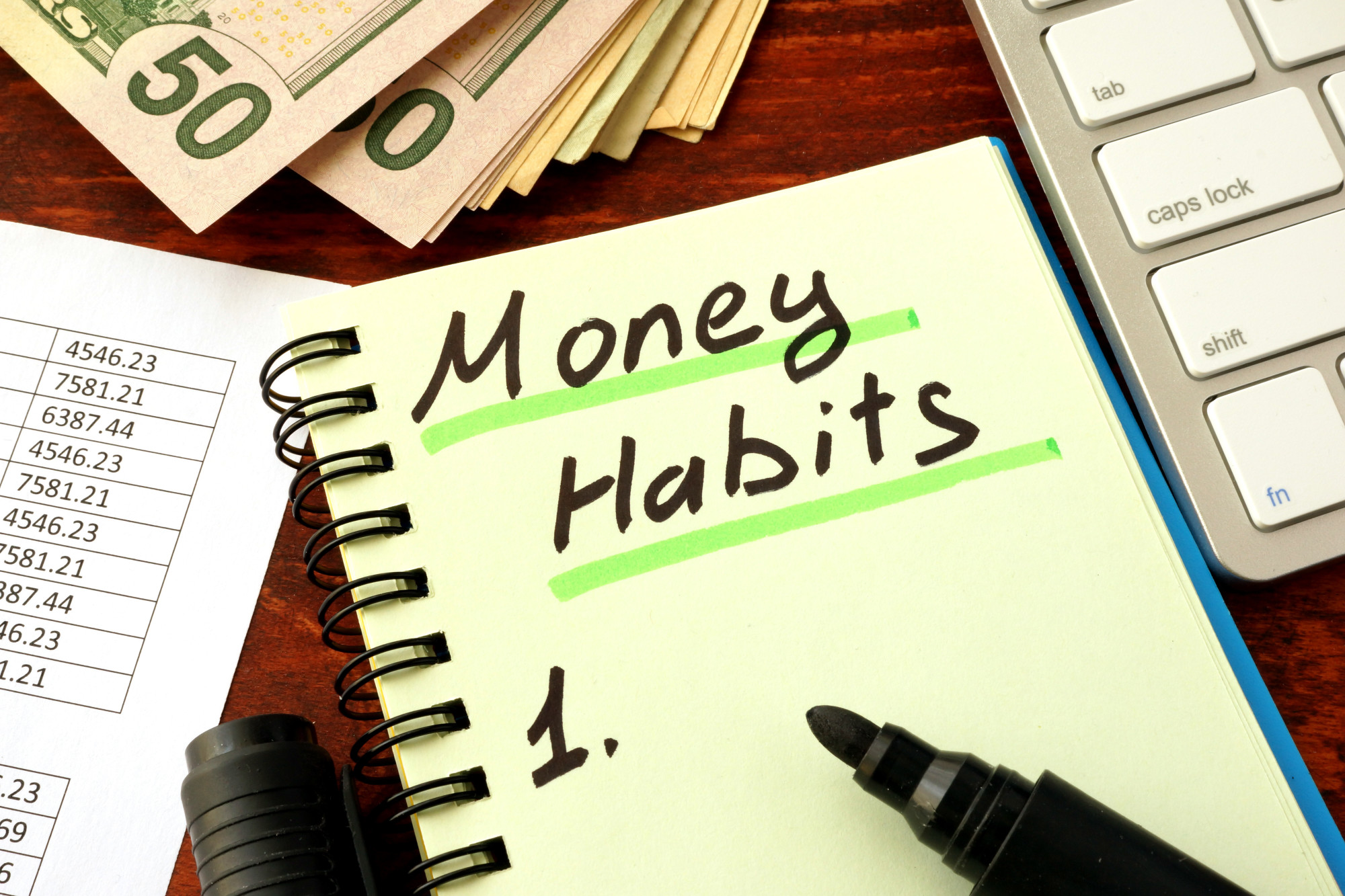The global median household income is just under $10,000 a year. People struggle with financial issues all over the world.
About 15% in the UK live paycheck to paycheck, while almost half of Americans are afraid of their financial situation.
Basic financial education doesn’t happen in schools, and it’s harder than ever to get ahead. The only way forward is to educate yourself and develop good financial habits.
Start with this guide and read on to learn what you can do to move towards financial wellness.
1. Start With a Budget
A budget is necessary to track spending and to make sure you don’t overspend. Look at your income and expenses.
If you work for yourself and have irregular income, average your earnings from the last year. Then look at your expenses and see where there are opportunities to earn more and spend less.
2. Set Financial Goals
If you want to build good money habits, you need to have goals. Goals help you prioritize your spending.
You might want to pay off your student loans or your mortgage. Since that’s your goal, you’ll find ways to earn more or cut spending in other areas.
Set financial goals, but focus on one at a time. That allows you to move towards something and not get overwhelmed by your goal and your current situation.
3. Have a Debt Management Plan
Most financial advice tells you that debt is bad. That’s not always the case. You can go into debt to purchase things that go up in value. For example, a mortgage is a good type of debt to have because the value of real estate goes up.
On the other hand, credit cards and other types of high-interest debt are not good and can have a devasting impact on you and your finances if the debts mount out of control. Thankfully, firms like Stone Rose Law are available to help those battling with crippling debt to find a suitable path forward to a happier and more secure financial future.
You’re paying a lot more for things that you probably didn’t need. There are debt counseling services that can help you with debt management. Read more to learn about these programs.
4. Have a Long-Term Financial Plan
It’s hard to have a long-term financial plan when you’re living from one month to the next. Your main concern is if you’ll make rent each month.
Thinking about retirement seems like a pipedream. You need to shift your mindset into thinking about the long-term.
You don’t need to start with a million dollars to think about retirement. Start with what you have. You can put a little bit towards an IRA or another retirement savings plan.
Watch it grow over time and make your contribution a priority.
5. Check Your Emotional Triggers
Financial wellness doesn’t mean that you have enough money to live comfortably. It means that you don’t let the emotions around money control you.
Money is a highly-charged topic. Notice your emotional state when you spend, earn, and track money. Check for negative emotions and the behaviors that follow.
You might learn that you go shopping or constantly look at your bank accounts because of anxiety around money.
Developing Good Financial Habits
It takes time to develop good financial habits. Start with the ones in this guide and you won’t be afraid of personal finances anymore.
Check out the blog for more insightful articles and financial advice.



